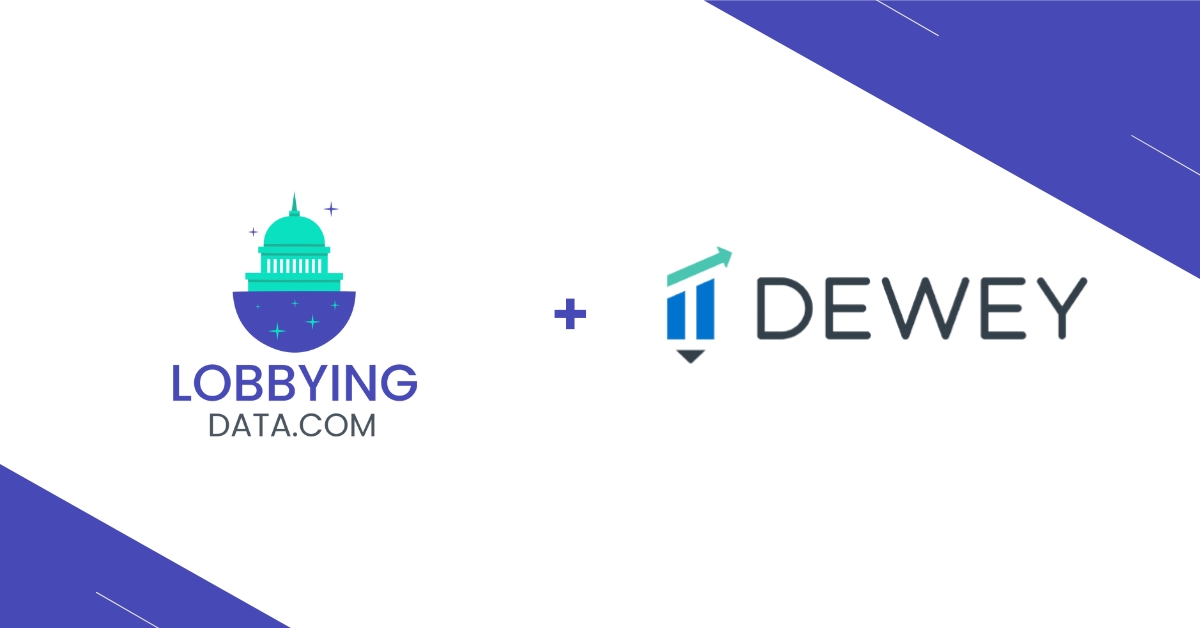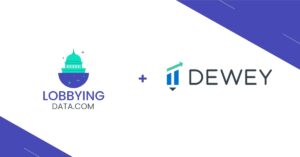Government relations is an essential aspect of any business, as it involves the interaction between the private sector and government entities. Lobbying is one of the ways businesses engage with government officials to influence policy decisions. In recent years, there has been an increasing demand for transparency in lobbying activities. Thanks to technology, lobbying data is now more accessible than ever before, providing valuable insights into the inner workings of government relations.
Understanding Lobbying Data: A Key to Government Relations
Lobbying data refers to the information collected and reported by lobbyists or organizations that engage in lobbying activities. This data includes details on who is lobbying, who they are lobbying, the issues being lobbied, the amounts spent on lobbying, and more. Access to this information helps businesses make informed decisions when it comes to government relations.
There are several online databases available that provide lobbying data. The most comprehensive of these is the Lobbying Disclosure Act (LDA) database, which is managed by the Clerk of the House of Representatives and the Secretary of the Senate. This database contains records of all registered lobbyists, as well as the issues they are lobbying and the clients they represent.
Analyzing the Secrets of Lobbying: Insights into Decision-Making
Analyzing lobbying data provides insight into the decision-making processes of government officials. For instance, by examining the issues being lobbied, businesses can anticipate potential policy changes, allowing them to plan accordingly. Additionally, by tracking the amounts spent on lobbying, businesses can determine which issues are a priority for government officials.
Lobbying data can also reveal the relationships between lobbyists and government officials. By analyzing the frequency and nature of interactions between the two, businesses can identify key decision-makers and tailor their lobbying efforts accordingly. Furthermore, lobbying data can provide insight into the most effective lobbying strategies, helping businesses optimize their efforts.
In conclusion, lobbying data is an essential tool for businesses engaged in government relations. By understanding the inner workings of lobbying activities, businesses can make informed decisions and tailor their lobbying efforts for maximum impact. With technology making lobbying data more accessible than ever before, businesses have a wealth of information at their fingertips to help them navigate the complex world of government relations.








